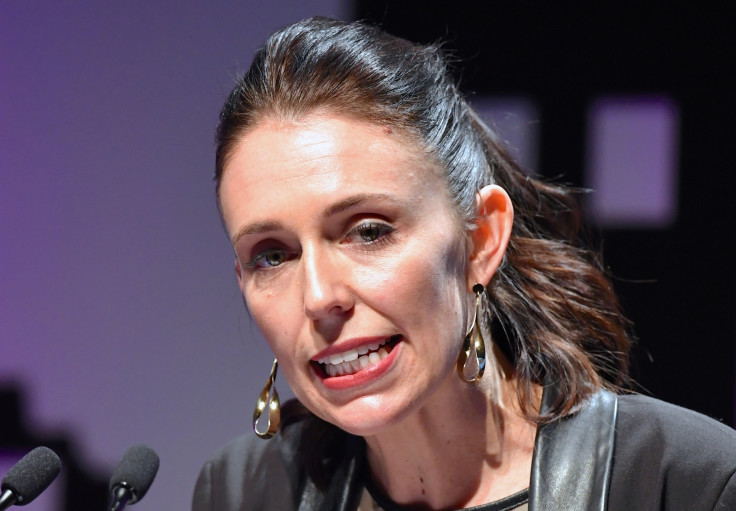World War 3 hideout for the super-rich shuts its doors

KEY POINTS
- The global elite have been buying up property in New Zealand.
- New prime minister Jacinda Ardern want to reform the housing market.
New Zealand's new prime minister is shutting the door on super-rich foreign property buyers who want somewhere to escape to in the event of a third world war or nuclear holocaust.
Sheep may outnumber people seven to one, you spend a day in a plane to get there and a week getting over the jet-lag, but New Zealand has increasingly attracted the global mega-rich seeking a bolt hole should things in the northern hemisphere go south.
As a result, the south Pacific nation has seen property prices surge as the global elite, sensing an impending major catastrophe, sought their own piece of the faraway islands that are not on any nuclear hit list.
But newly anointed premier Jacinda Ardern – at 37, the youngest female world leader – wants to put a stop to that trend. She has announced plans to block people from buying properties in New Zealand unless they have been in the country for 184 days in each of the last two years.
If parliament enacts the measure it will still be too late to stop billionaire technology guru Peter Thiel, internet entrepreneur Kim Dotcom and Russian steel oligarch Alexander Abramov from buying a slice of the beautiful islands that make up the Commonwealth nation.
"The world is heading into a major crisis. I saw it coming and that's why we moved to New Zealand," Dotcom said last year.
Similar attitudes among super-rich globetrotters mean that the average price of a house in Auckland, New Zealand's largest city, is now £444,000 ($590,000), The Times reports.
Left-wing Ardern, 37, previously described the New Zealand housing market as a "blatant failure" of capitalism. Now her government intend to take action on behalf of the 4.6m New Zealanders they serve.

Thiel's case sparked debate when it emerged he was able to buy a tract of land without permission, which would ordinarily be required as a foreigner. He has invested millions of dollars into Kiwi companies, such as the software start-up Xero, $NZ11m, $NZ15m in a partnership with the government-owned New Zealand Venture Investment Fund, and he also gave £600,000 to the Christchurch earthquake relief fund.
New York hedge fund pioneer Julian Robertson owned three luxury lodges in the country and the Hollywood director James Cameron has purchased a 3,500 square-foot organic farm near Wellington.
Hong Kong-based financier Michael Nock, who is the founder of Doric Capital Group, bought two hectares in the country because, in his words: "The thing that was always working against New Zealand, the tyranny of distance, is the very thing that becomes its strength as the world becomes more uncertain."
Political uncertainty following Brexit and the election of Donald Trump sparked a rise in overseas interest in the country.
After Trump's election, there was a 17-fold increase in Americans registering with immigration authorities.
The American chairman of New Zealand broadcaster, MediaWorks, Jack Matthews, told the New Yorker: "I think, in the back of people's minds, frankly, is that, if the world really goes to sh**, New Zealand is a First World country, completely self-sufficient, if necessary — energy, water, food. Life would deteriorate, but it would not collapse."
Co-founder of LinkedIn, Reid Hoffman told the magazine that many investors in the US referred to New Zealand as code for having a plan should civilisation collapse.
"Saying you're 'buying a house in New Zealand' is kind of a wink, wink, say no more. Once you've done the Masonic handshake, they'll be, like, 'Oh, you know, I have a broker who sells old ICBM silos, and they're nuclear-hardened, and they kind of look like they would be interesting to live in,'" he said.








